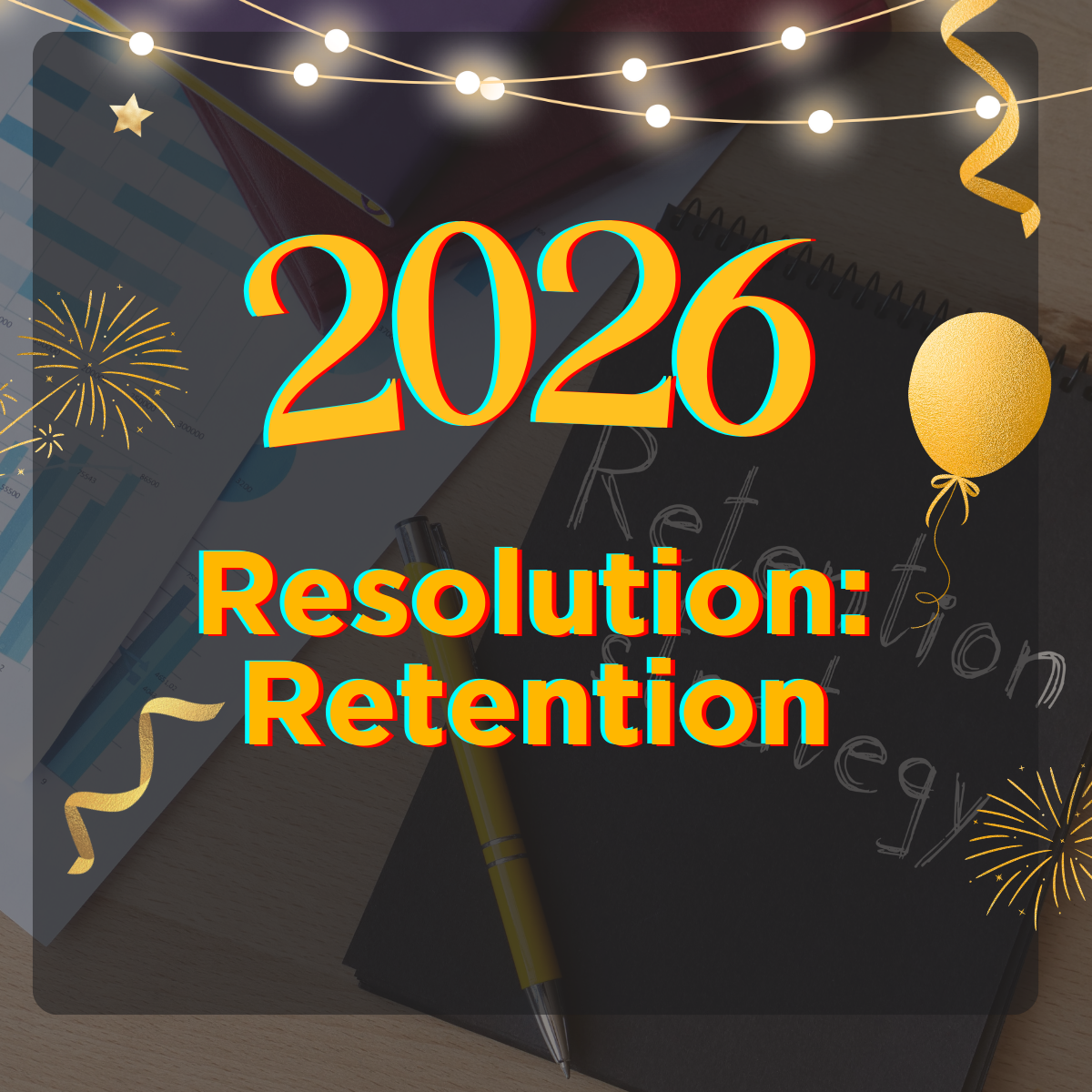From a custom-tailored suit that fits your every measurement, to online ads targeted to your browsing history; personalization has penetrated many aspects of our lives. This focus on the individual’s wants and needs is usually a good thing, especially when that personalization truly takes into account specific learner behavior in the education sector.
What Is Personalized eLearning?
Programs that are tailored to a learner’s interests, motivations, and learning style can promote a deeper and, better understanding of the subject matter. This is the core of personalized eLearning, and where a specially crafted touch really shines. The end result is increased information retention, better learner engagement, higher learner satisfaction levels, and improved ability to apply the learning material outside of the course.
Personalization in eLearning can take several forms, allowing learners the opportunity to:
- Set their own goals
- Learn at their own pace
- Choose their learning modality (i.e. listening to audio vs. reading)
- Choose how their learning is assessed (i.e. a quiz vs. a game)
- Customize their learning environment (how the material looks)
These are just a few of the many ways eLearning courses can be customized to suit the learner. How, specifically, personalization is implemented is up to the organization.
Use Learner Assessments
Identifying knowledge and skills gaps is essential to the personalization of eLearning. Once those gaps are identified by tailoring assessments tuned to gauge their progress, so learning material can be tailored to fill them. You can also allow learners to skip over material they’ve already mastered, so they don’t spend extra time focusing on what they already know.
Build a Learner Profile
An individual’s learner profile is essential when building a personalized learning program. It includes information beyond what a learner does or does not know. It encompasses who the learner is, their strengths and weaknesses, preferred learning style, character traits, motivations, and more. A learner profile is dynamic—so it can and probably should change over time—so they will periodically evolve to truly support the personalization of any eLearning program.
Pitfalls of Personalized eLearning
While personalized eLearning has many benefits, there are still areas of concern that you should consider when designing a personalized eLearning program. Some issues are unique to learners in the educational system:
- May not adequately prepare students for compulsory standardized tests1
- Maturity level of some students may interfere with goal setting and attainment2
- Reliance on eLearning may increase screen time beyond what’s recommended3
Other potential issues are common to all learners, those in schools and those in corporate settings:
- Unmotivated learners can fall behind or lose interest altogether
- Some learners may be reluctant to ask for help or support
Research around the effectiveness of personalization in eLearning,—especially but not only in schools,— is continuously developing and not definitive by any means.4 Still, thoughtfully implemented personalization—, whether for academic or corporate learning programs—, has great potential to increase the ROI of that learning program for both the learner and the organization.
Citations
1-2: Klein, A., 2019. Data: Here’s What Educators Think About Personalized Learning. [online] Education Week. Available at: <https://www.edweek.org/leadership/data-heres-what-educators-think-about-personalized-learning/2019/11> [Accessed 8 April 2021].
3: Hawkey, E., 2019. Media use in childhood: Evidence-based recommendations for caregivers. [online] https://www.apa.org. Available at: <https://www.apa.org/pi/families/resources/newsletter/2019/05/media-use-childhood> [Accessed 8 April 2021].
4: Herold, B., 2016. Personalized Learning: What Does the Research Say?.

Elizabeth Dalton measures and improves educational tools, processes, and results by using her experience in instruction and assessment design, development, documentation, and delivery, combined with her knowledge and expertise in technology and statistical methods.
Resources
Explore Learning Analytics Insights
Student Attrition: Identify Causal Factors for Targeted Solutions
Explore why instructor immediacy via professional development and course design for e-learning is your key to lower student attrition.
Learner Dashboard: Provide Instant Access to Course Progress
Explore how learners can have instant access to their own course progress through live dashboards provided by IntelliBoard.
Resolution: Retention — The Only Resolution That Pays for Itself
Resolution: Retention — The Only Resolution That Pays for Itself Every January brings a familiar mix of optimism and pressure across higher education. Ne [...]




